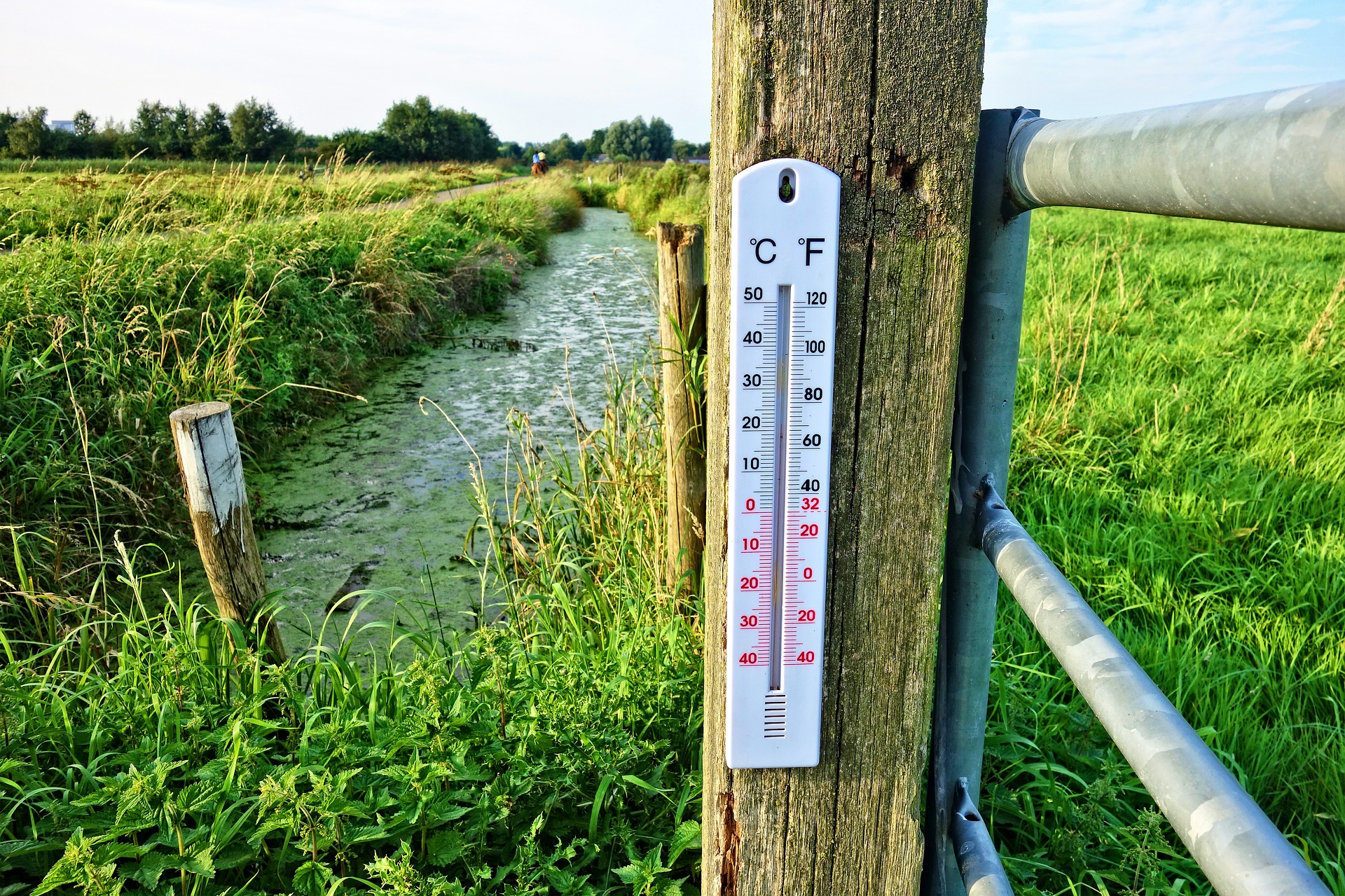EPA’s coal ash oversight actions could send Ga. Power ‘back to the drawing board’

Coal ash, seen here in swirls on the surface of the Dan River in Danville, Virginia, is a byproduct from burning coal for electricity. The U.S. Environmental Protection Agency is moving to strengthen its oversight of coal ash. (AP Photo/Gerry Broome, File)
This coverage is made possible through a partnership with Grist, a nonprofit, independent media organization dedicated to telling stories of climate solutions and a just future.
The U.S. Environmental Protection Agency is moving to strengthen its oversight of coal ash, a toxic byproduct from burning coal for electricity.
The agency is clarifying that power companies have to clean up their coal ash and store it in a way that can’t leak and harm people who live nearby.
“Today’s actions will help us protect communities and hold facilities accountable,” EPA Administrator Michael Regan said in a written statement. “I’ve seen firsthand how coal ash contamination can hurt people and communities. Coal ash surface impoundments and landfills must operate and close in a manner that protects public health and the environment.”
Environmental groups celebrated the announcement.
“The people and communities who live around these sites have felt for years like they don’t really have much to say, it’s out of their hands,” said Southern Environmental Law Center senior attorney Frank Holleman. “And their water, their communities, their property values, their well water have all been at risk due to the sites.”
There are tens of millions of tons of coal ash in Georgia. Georgia Power pledged to close all 29 of its coal ash ponds after the EPA first introduced coal ash rules in 2015.
Georgia Power plans to excavate about half its coal ash from the old, unlined ponds but plans to leave nearly 50 million tons of coal ash at five sites in unlined pits, according to the SELC.
The EPA’s latest action could require the utility to change those plans, Holleman said. It will send Georgia Power and the state Environmental Protection Division “back to the drawing board” for the draft permit issued last year for coal ash at Plant Hammond.
“EPA has made it clear that a utility cannot leave ash sitting in groundwater when it closes a facility. That’s exactly what Georgia EPD and Georgia Power had proposed,” Holleman said.
He said the utility’s plans to keep coal ash in unlined pits at another four plants are also awaiting permits and could be affected by the change. That includes the massive coal ash pond at Plant Scherer near Macon, one of the largest coal-fired power plants in the country. Nearby residents have long been concerned that contamination from the plant is making them sick.
The state EPD is responsible for issuing coal ash storage permits in Georgia that enforce the federal EPA’s regulations. A spokesman said the state agency learned earlier this week about the new federal actions and is awaiting further clarification from EPA.
“Any impact on pending applications for closure of [coal combustion residuals] units is unknown at this time,” spokesman Kevin Chambers said in an email.
The EPA initially introduced coal ash rules during the Obama administration, following disastrous spills in Tennessee and North Carolina that wrecked a neighborhood and contaminated a river.
“This never should have happened,” Holleman said. “But it’s definitely time to clean up this mess.”







